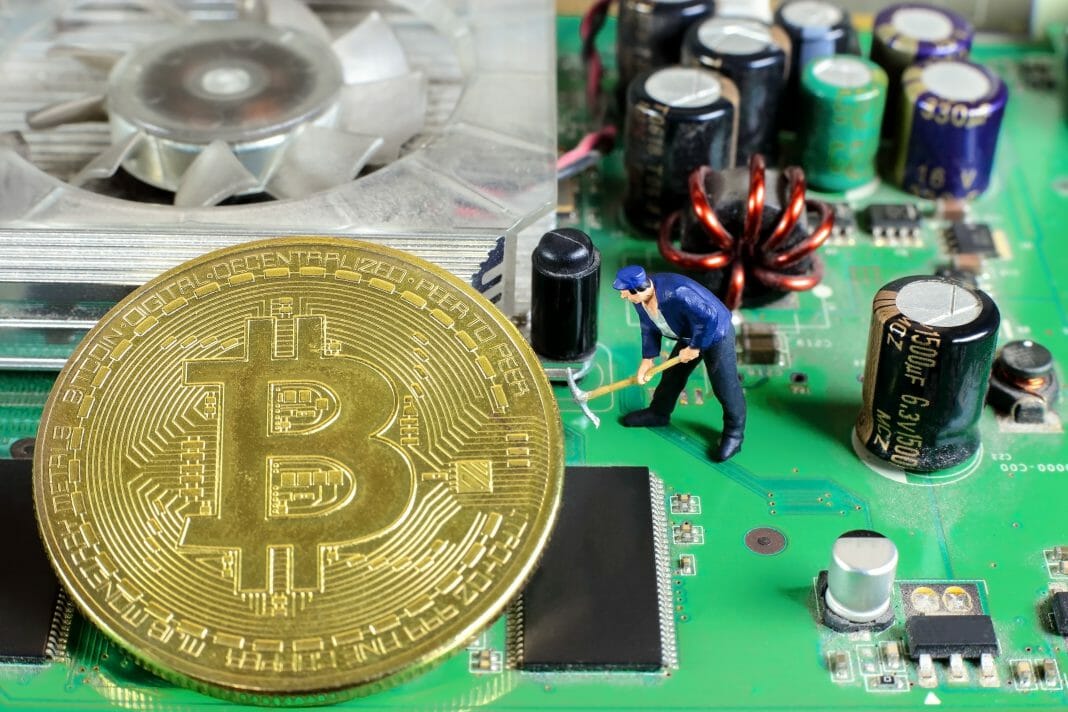Despite the slim chances, these situations are still happening in the Crypto environment.
Although this situation has happened in the past on three other occasions, it is pretty surreal to see a single miner getting to solve an entire block on the Bitcoin network. The first day of February 2022 happened for the fourth time in a short time.
Currently, the prize intended for miners who get to solve the required math issue amounts to 6.25 BTC, which has a value registered at $240,000. Individual mining is not so easy, but it can undoubtedly bring a huge benefit in the form of well-deserved bitcoins that go as a prize for those who achieve a new block that will get included in the blockchain.
Considering how extensive the bitcoin network is, a single miner is simply a tiny piece of the computational power of the web, and the chances of achieving the 6.25 BTC reward get exponentially minimal.
This activity requires many devices to compete as equals with the hash rate of the mining pools worldwide and therefore, the chances of an individual miner solving a block on their own are minimal.
According to a software engineer with a vast experience in bitcoin pools, the chances of solving the block are less than 20%. The lucky miner works through Solo CKPool, a service that offers anonymous bitcoin mining for a fee and has at least 1.14 PH/s of computing power. While this miner is considered a whale to be an individual and not a group of miners, the feat is still curious.
To better understand the computing power of this user, 1.14 PH/s appears to be a remarkable power. Still, it is less than a room full of S19 Antminer, so it got presumed that a single machine could solve that block, making the event even more unlikely as few as 264 or the equivalent of 0.037% have been resolved by CK solo Bitcoin miners.
Despite the low probability, mining Bitcoin is an operation that usually has beautiful moments, and each year, individual miners and entities explore this financial activity with improved devices.
Miners with low processing power join a pool or mining groups to offer their hash rate in exchange for the profits that this activity could collect. By adding computing power collectively, the participants split the prizes according to the hash rate.
Cryptocurrency mining relies on how complex mathematical problems get solved to enable transactional operations on a blockchain and generate new currencies.
By: Jenson Nuñez









